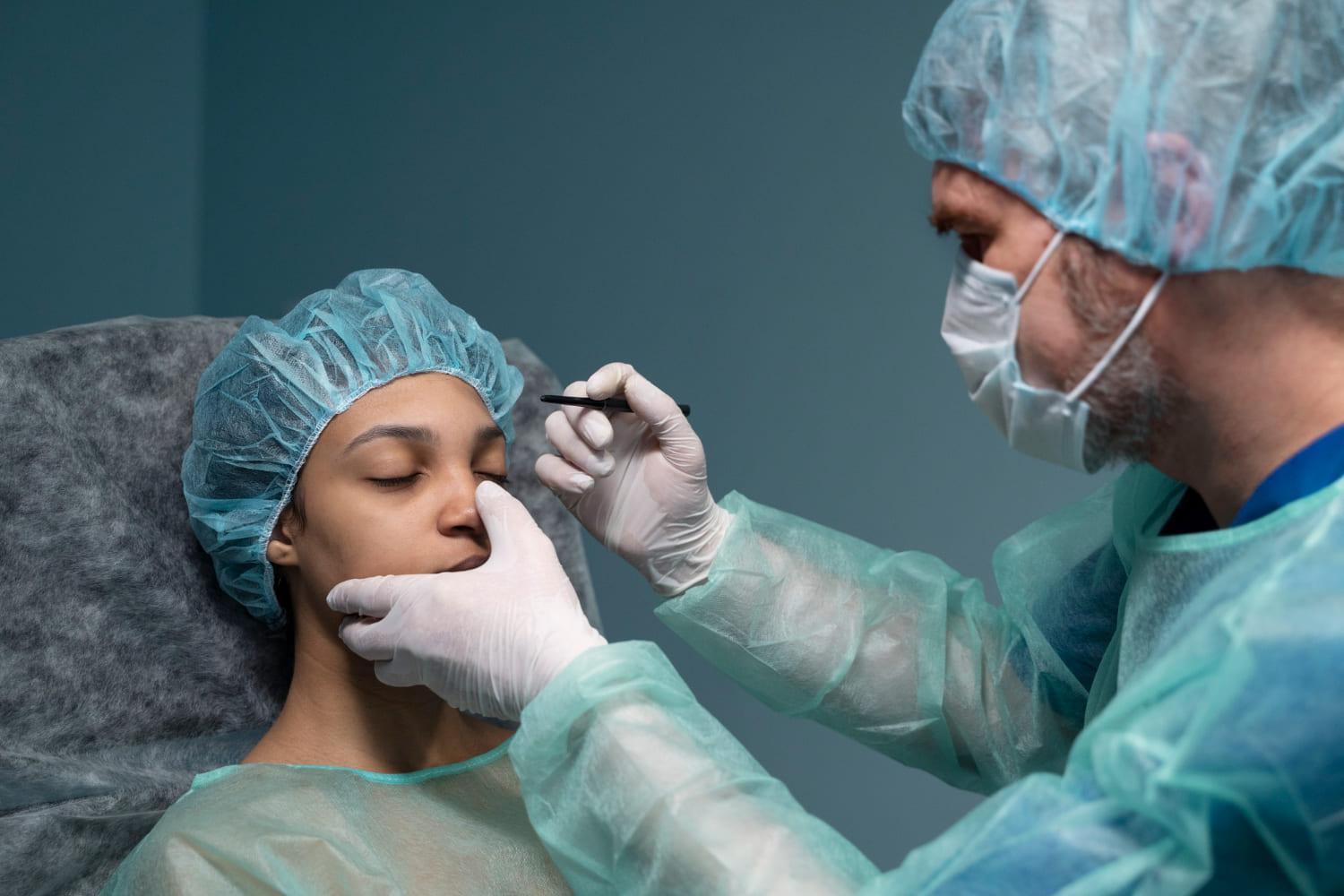Navigating the Realm of Plastic Surgery: Empowerment, Realism, and Safety
Mar 22, 2024

Plastic surgery, a field of medicine focused on reconstructing and enhancing the physical appearance of individuals, has emerged as a transformative tool in the modern era. It offers individuals the opportunity to address cosmetic concerns and improve their body image, thereby boosting self-confidence. However, the decision to undergo plastic surgery warrants careful consideration, as it involves not only physical changes but also psychological and emotional implications.
Understanding Plastic Surgery: Empowerment and Realism
Plastic surgery serves as a means of empowerment for individuals seeking to align their physical appearance with their internal sense of self. Whether it's correcting congenital abnormalities, addressing the effects of aging, or enhancing certain features, plastic surgery offers a pathway to self-improvement and increased confidence. However, it's crucial to maintain realistic expectations and understand the limitations of these procedures.
Exploring Motivations and Influences
While the desire for plastic surgery may originate from personal motivations, it's essential to acknowledge the influence of external factors, such as societal beauty standards and familial expectations. It's important for individuals to assess whether their decision is driven by genuine self-improvement goals or external pressures. Counseling and psychological evaluation play a significant role in helping individuals discern their motivations and make informed decisions.
The Role of Plastic Surgery in Adolescence
Adolescents often express interest in plastic surgery as they navigate through complex social dynamics and grapple with insecurities about their appearance. However, it's imperative to recognize that plastic surgery is not a panacea for underlying psychological issues or developmental challenges. Comprehensive counseling, including consultations with mental health professionals, is essential to address concerns and ensure that adolescents are well-informed about the implications of such procedures.
Understanding Age Suitability and Safety
Age suitability for plastic surgery varies depending on the type of procedure and the stage of physical development. While certain surgeries, such as those addressing congenital abnormalities, may be performed during early childhood, others, such as breast augmentation or reduction, are typically deferred until after the completion of organ growth. Safety considerations, including the maturity of facial bones and overall physical health, are paramount in determining the suitability of plastic surgery for adolescents and young adults.
Exploring Potential Side Effects and Risks
Like any surgical procedure, plastic surgery carries inherent risks and potential side effects. These may include infection, scarring, asymmetry, and dissatisfaction with results. It's essential for individuals considering plastic surgery to weigh these risks against the potential benefits and engage in open communication with their surgeons regarding their concerns and expectations. Additionally, thorough pre-operative evaluation and post-operative care are essential in minimizing complications and optimizing outcomes.
Conclusion: Making Informed Decisions for Enhanced Well-being
In conclusion, plastic surgery offers individuals the opportunity to enhance their physical appearance and improve their self-esteem. However, it's crucial to approach these procedures with caution, realism, and a thorough understanding of the associated risks and benefits. Counseling, psychological evaluation, and consultation with qualified plastic surgeons play pivotal roles in ensuring that individuals make informed decisions that align with their goals and values. By prioritizing safety, empowerment, and holistic well-being, individuals can embark on their plastic surgery journey with confidence and clarity.


